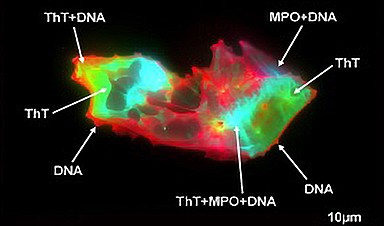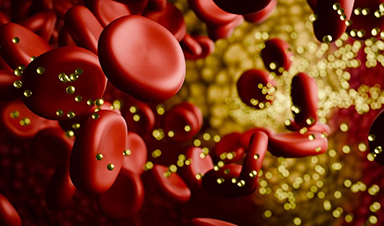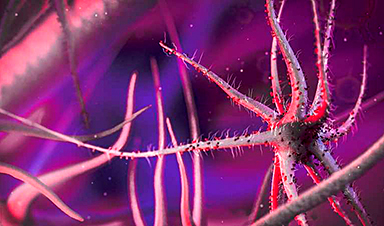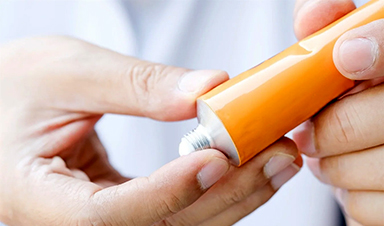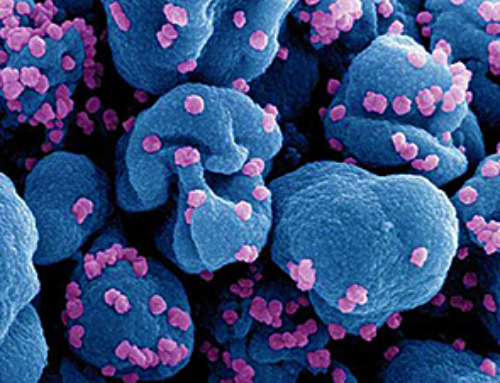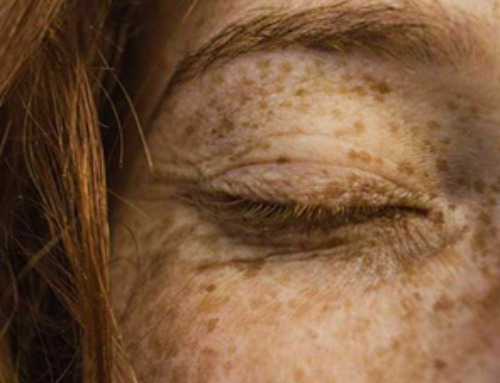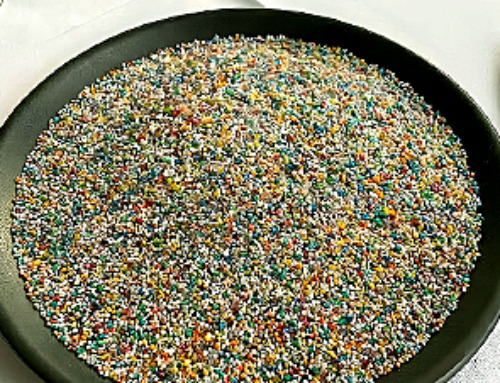- Sunday, October 3, set records for the most COVID-19 deaths in Russia on a single day.
- Only 29% of people in Russia are vaccinated, despite the country being the first to approve a vaccine.
- The vast majority of hospitalized COVID-19 patients in Russia are unvaccinated.
On Sunday, October 3, Russia reported its highest number of COVID-19 deaths per day since the start of the pandemic for the fifth time in a week. That day, 890 people died of the disease. The number of new infections was 25,769, the second-highest of the year.
Russia has the highest COVID-19 death toll of any European nation, with 218,345 fatalities. The country has reported 7,832,964 cases of the disease since the start of the pandemic.
According to The Guardian, publicly available data suggest that 600,000 “excess deaths” have occurred in Russia from the start of the pandemic to July 2021. This statistic suggests that the official death toll may significantly undercount the actual figure.
Rising rates
Prime Minister Mikhail Mishustin says that the government is “seriously concerned” about the rise in COVID-19 infections and fatalities.
Mishustin points out: “Morbidity is increasing in most Russian regions. There are twice as many patients in hospitals as there were at the same time last year.” Mishustin himself was diagnosed with COVID-19 in April.
As SARS-CoV-2’s Delta variant moves through Russia’s population, Mishustin attributes the surge to low vaccination rates among the country’s citizens, saying that “the vaccination level is insufficient to stop the spread of infection.”
Of the people currently hospitalized in Russia with COVID-19, the vast majority are unvaccinated.
This is in spite of the fact that Russia was the first nation to approve a vaccine for COVID-19, its own Sputnik V vaccine. Today, three different vaccines are available throughout the country.
Low vaccination factors
President Vladimir Putin has consistently urged the Russian people to get vaccinated, saying, “[COVID-19 is] dangerous, dangerous to your life. The vaccine is not dangerous.”
Nonetheless, just 29% of people in Russia are fully vaccinated. Almost 33% have received a single dose.
Last summer, an independent survey explored Russians’ resistance to vaccination. In that study, 33% of people surveyed said they were fearful of side effects, 20% said they were waiting for the completion of clinical trials, and 16% saw no reason to get vaccinated. Russia finished phase 3 clinical trials of the Sputnik V vaccine on September 30.
Of those surveyed, 57% said they were not afraid of getting COVID-19. A similar number said they were opposed to mandatory vaccinations.
Dr. Anna Gotlib, a Russian-born philosopher and bioethicist, told Medical News Today that another factor is a longstanding distrust of the federal government in Russia that can leave people “sort of stuck.” Dr. Gotlib said:
“They have a hard time trusting their own vaccine, and yet they don’t trust the Western one. In the end, they just opt out of the whole thing.”
According to Dr. Gotlib, the Russian people also have a long history of faith in home remedies, “going back even before the Soviet Union, going back all the way to the tzars and beyond.”
She continued: “I remember even my own grandmother, she was an educated woman, but she had her own ways. If I got sick, unless I was really sick, the first trip wasn’t to the doctor. She had her own little medicine cabinet of things.”
A recent Russian studyTrusted Source suggests that “the attitude toward immunoprophylaxis against COVID-19 in Russia can be characterized as distrust of a specific vaccine and approval of vaccination in general as an effective technology for combating epidemics.”
Dr. Gotlib also described the degree to which disinformation regarding COVID-19 and vaccines has “drenched” Russian media.
When people complain about how pervasive disinformation is in the United States, asserted Dr. Gotlib, “they have no idea how bad it is in Russia, to the extent where when you look at Russian media sometimes it’s really hard to make your way through all the pseudoscientific anti-vaccine [nonsense] claims.”
Others have suggested that the popularity of antibody tests in Russia may somewhat account for the low vaccination numbers. Although such tests can only detect antibodies from a previous infection and cannot assess immunity to COVID-19 or diagnose a current case, some may be more comfortable with the test than vaccinations….
News
Platelet-inspired nanoparticles could improve treatment of inflammatory diseases
Scientists have developed platelet-inspired nanoparticles that deliver anti-inflammatory drugs directly to brain-computer interface implants, doubling their effectiveness. Scientists have found a way to improve the performance of brain-computer interface (BCI) electrodes by delivering anti-inflammatory drugs directly [...]
After 150 years, a new chapter in cancer therapy is finally beginning
For decades, researchers have been looking for ways to destroy cancer cells in a targeted manner without further weakening the body. But for many patients whose immune system is severely impaired by chemotherapy or radiation, [...]
Older chemical libraries show promise for fighting resistant strains of COVID-19 virus
SARS‑CoV‑2, the virus that causes COVID-19, continues to mutate, with some newer strains becoming less responsive to current antiviral treatments like Paxlovid. Now, University of California San Diego scientists and an international team of [...]
Lower doses of immunotherapy for skin cancer give better results, study suggests
According to a new study, lower doses of approved immunotherapy for malignant melanoma can give better results against tumors, while reducing side effects. This is reported by researchers at Karolinska Institutet in the Journal of the National [...]
Researchers highlight five pathways through which microplastics can harm the brain
Microplastics could be fueling neurodegenerative diseases like Alzheimer's and Parkinson's, with a new study highlighting five ways microplastics can trigger inflammation and damage in the brain. More than 57 million people live with dementia, [...]
Tiny Metal Nanodots Obliterate Cancer Cells While Largely Sparing Healthy Tissue
Scientists have developed tiny metal-oxide particles that push cancer cells past their stress limits while sparing healthy tissue. An international team led by RMIT University has developed tiny particles called nanodots, crafted from a metallic compound, [...]
Gold Nanoclusters Could Supercharge Quantum Computers
Researchers found that gold “super atoms” can behave like the atoms in top-tier quantum systems—only far easier to scale. These tiny clusters can be customized at the molecular level, offering a powerful, tunable foundation [...]
A single shot of HPV vaccine may be enough to fight cervical cancer, study finds
WASHINGTON -- A single HPV vaccination appears just as effective as two doses at preventing the viral infection that causes cervical cancer, researchers reported Wednesday. HPV, or human papillomavirus, is very common and spread [...]
New technique overcomes technological barrier in 3D brain imaging
Scientists at the Swiss Light Source SLS have succeeded in mapping a piece of brain tissue in 3D at unprecedented resolution using X-rays, non-destructively. The breakthrough overcomes a long-standing technological barrier that had limited [...]
Scientists Uncover Hidden Blood Pattern in Long COVID
Researchers found persistent microclot and NET structures in Long COVID blood that may explain long-lasting symptoms. Researchers examining Long COVID have identified a structural connection between circulating microclots and neutrophil extracellular traps (NETs). The [...]
This Cellular Trick Helps Cancer Spread, but Could Also Stop It
Groups of normal cbiells can sense far into their surroundings, helping explain cancer cell migration. Understanding this ability could lead to new ways to limit tumor spread. The tale of the princess and the [...]
New mRNA therapy targets drug-resistant pneumonia
Bacteria that multiply on surfaces are a major headache in health care when they gain a foothold on, for example, implants or in catheters. Researchers at Chalmers University of Technology in Sweden have found [...]
Current Heart Health Guidelines Are Failing To Catch a Deadly Genetic Killer
New research reveals that standard screening misses most people with a common inherited cholesterol disorder. A Mayo Clinic study reports that current genetic screening guidelines overlook most people who have familial hypercholesterolemia, an inherited disorder that [...]
Scientists Identify the Evolutionary “Purpose” of Consciousness
Summary: Researchers at Ruhr University Bochum explore why consciousness evolved and why different species developed it in distinct ways. By comparing humans with birds, they show that complex awareness may arise through different neural architectures yet [...]
Novel mRNA therapy curbs antibiotic-resistant infections in preclinical lung models
Researchers at the Icahn School of Medicine at Mount Sinai and collaborators have reported early success with a novel mRNA-based therapy designed to combat antibiotic-resistant bacteria. The findings, published in Nature Biotechnology, show that in [...]
New skin-permeable polymer delivers insulin without needles
A breakthrough zwitterionic polymer slips through the skin’s toughest barriers, carrying insulin deep into tissue and normalizing blood sugar, offering patients a painless alternative to daily injections. A recent study published in the journal Nature examines [...]










